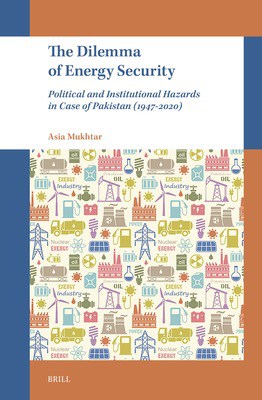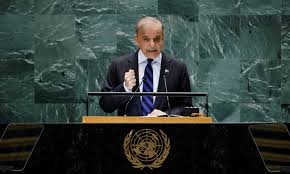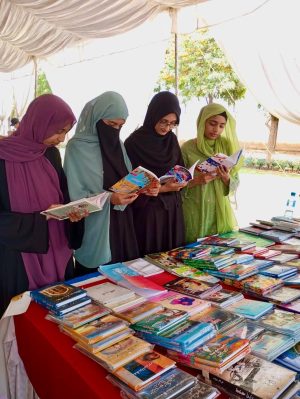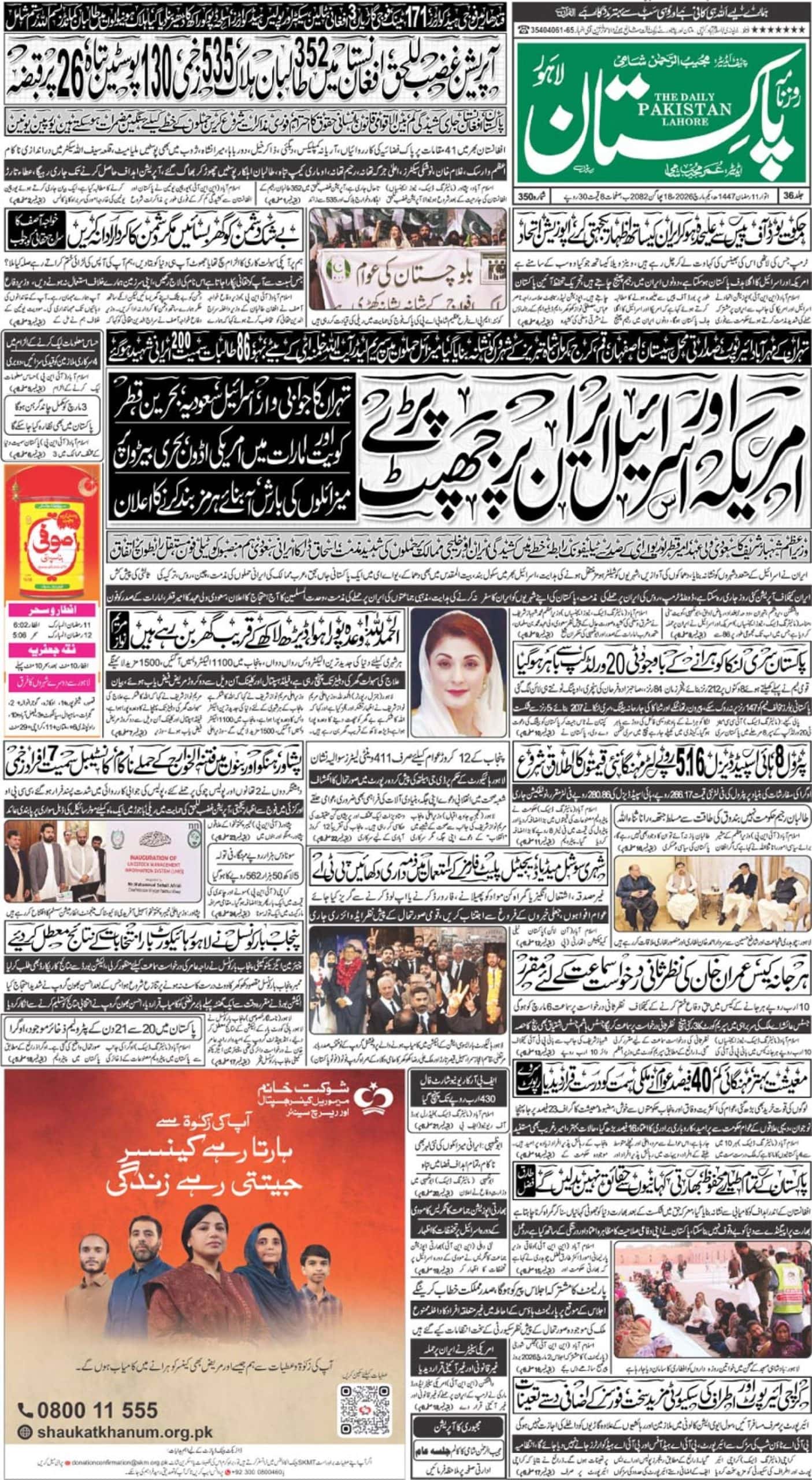Publisher: Brill, Leiden University, Netherlands.
Author of the book: Dr. Asia Mukhtar, Assistant Professor, International Relations Department, Kinnaird College for Women, Pakistan.
Reviewer: Dr. Qurratulaen Liaqat, Associate Professor, Forman Christian College (A Chartered University), Pakistan.
Packed with data-driven analyses of Pakistan’s key energy policies, Dr. Mukhtar’s book argues for a comprehensive and practical Energy security policy in Pakistan. While it serves as a handbook on the status of Energy insecurity in Pakistan that advances a pragmatic vision, it also has a bearing on policy design within a framework of pluralism that characterizes the rest of South Asia and beyond. It brings welcome classroom material to a variety of disciplines.
This book addresses a significant gap on the topic of Energy security policymaking focused explicitly on the need for a cohesive and practical plan. It is highly accessible and comprehensive and will be an important resource for practitioners, policymakers, and wider stakeholders seeking to improve the energy security issues in Pakistan. Drawing on a wealth of field research, data acquired from WAPDA officials, and qualitative case studies, this book carves out a cohesive Energy policy analysis. It will be of significant interest to scholars and actors in global Energy Security policy development and related fields.
The book initiates the discussion of the concept of ‘Energy Security’ concerning the field of International Relations which stakes out the trajectory of the combined studies possible in these two disciplines as well as points out the need to do so while stating the implications of the book’s main argument for Pakistan and the entire South Asian region. This monograph is also a good handbook for researchers and students in the field because it tabulates the main theories of International Relations and Energy Security such as Realism, Neorealism, Liberalism, and Neoliberalism. By drawing insights from the data, the rich analysis in this book enlists the major dilemmas of energy security in South Asia, for instance, the ever-increasing demand for energy, high rates of fuel, and reliance on foreign fuels before going into the detailed elaboration of Pakistan’s Energy sector.
With a special focus on Pakistan’s Energy Security, the author has proffered a detailed critical analysis of the historical context of Pakistan’s energy insecurity. The best thing about this book is easy to follow organization which logically creates a timeline of the historical legacy of Pakistan’s energy security in three distinct phases (Phase I: 1947–1977, Phase II: (1977–99), Phase III: 21st Century) which give theoretical breadth and scholarly rigour to the overall presentation of the book. After configuration of the contours of the history of Pakistan’s energy insecurity, the author establishes the main culprits behind this dilemma based on her deep insight into this matter and her rigorous field research. She contends that the inherent policy barriers to Pakistan’s Energy Security are water insecurity, thermal reliability, failure in Nuclear Power Energy generation, negligence of Renewable Energy Resources, and lack of long-term and coherent Energy planning.
A well-supported critique and analysis of the prevailing policies and practices (2013-2018) in the Energy Sector of Pakistan which discuss energy security from the vantage points of efficiency, competition, affordability, and sustainability in relation to the multiple spectrums of the strategies of the supply side, demand side, supply chain, power generation, transmission, distribution, financial efficiency, governance, prioritization is the major highlight of this work.
The author has also left no stone unturned in describing the details of the development of major energy fuels and their future potential such as the oil sector, gas, coal, renewable energy sources and the possibility of nuclear power projects. Another distinctive feature of this project is an in-depth analysis of the pros and cons of Independent Power Projects (IPPs) and the Indus Water Treaty.
The author’s canvas of painting the picture of Pakistani energy insecurity and its possible solution is both expansive and international. A comparative analysis of the energy security profile of South Asian countries has been conducted with Pakistan in context. The Regional Energy Security milieu of South Asia has been discussed by carving out the details of the energy sectors of Afghanistan, India, Maldives, Bhutan, Nepal, Sri Lanka, and Bangladesh. Moreover, the book also foregrounds prospects and challenges of inter-state Energy trade in South Asia, Energy Cooperation under SAARC, cross-border power trade, inter-regional and intra-regional trade, and renewable energy sectors.
This monograph paints a very realistic picture of the present energy mix of Pakistan, the current power generation capacity of Pakistan and the share of energy resources in electricity generation, electricity consumption patterns in different consumer sectors, possibilities of shifting to Renewable/Clean Energy which leads to the author’s original Pakistan’s Energy Forecast (2021–2030). The author’s suggestions, in light of the detailed critical analysis of Pakistan’s Energy insecurity and the way forward, are the real highlight of this work for policymakers, research scholars, and students in this field.
The author’s deep knowledge and understanding of Pakistani energy security issues in comparison with other South Asian countries make her analysis and suggestions truly international. This book presents some important recommendations for Energy security interventions, pointing the way for South Asia to promote regional Energy Insecurity. This book is a unique contribution to the study of the Energy Security Sector of Pakistan, linked to timely and pertinent issues of political and institutional hazards, regional conflict, and Green Energy prospects. It is theoretically grounded and rich with empirical analysis, making it an indispensable read for all the stakeholders in the field of energy security in Pakistan.














